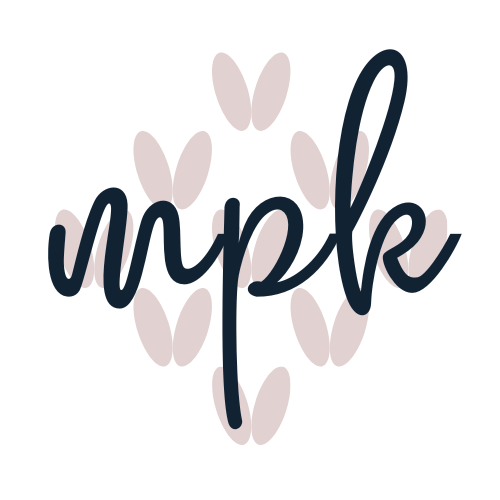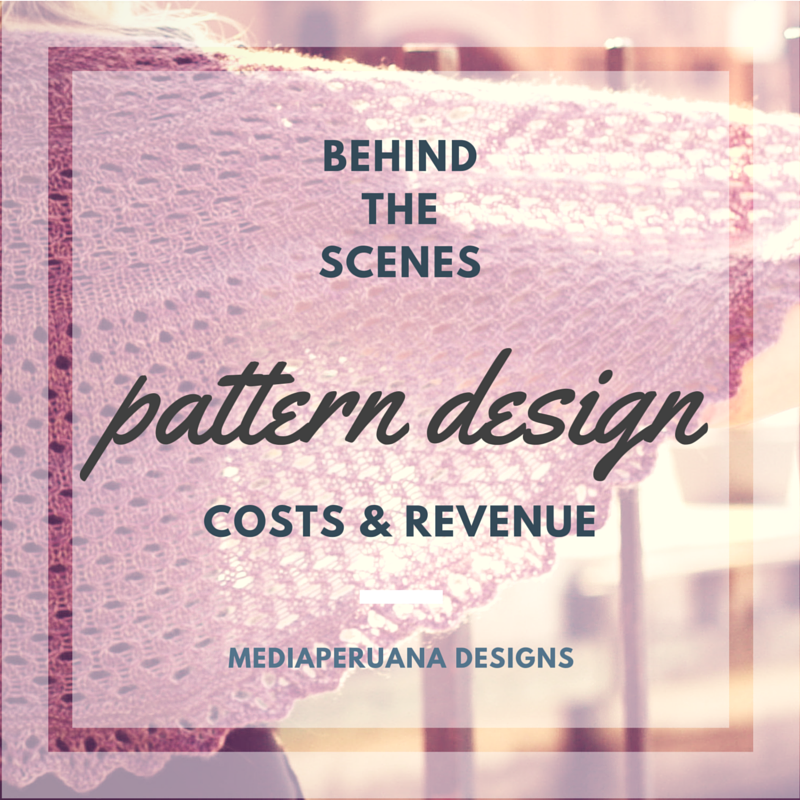Behind-the-Scenes: Thoughts on Yarn Support
Last week I published a blog post highlighting some of the pros and cons of self-publishing vs. 3rd party publishing for patterns.
A related topic when discussing self-publishing that I didn’t really touch on is yarn support. If you’ve heard of “yarn support” at all, you might think of it as simply free yarn for designers, but it’s actually a little more complicated than that, so I wanted to delve into it a bit deeper.
Yarn support is yarn that may be provided to a designer, either free of charge or at a discount, by a yarn company for a specific design project. When self-publishing, seeking yarn support is one way a designer might reduce the costs of producing the design.
In theory, this is a mutually beneficial relationship—the designer gets a necessary input for their design either free or at a reduced cost, and the dyer’s yarn is promoted in the pattern, on Ravelry, on Instagram, etc., which hopefully leads to more yarn sales for them.
From the designer’s perspective, I can tell you that while yarn support may not cost anything, it’s not really free—it comes with obligations, which may vary depend on the particular arrangement a designer has made with a dyer. If you don’t meet your obligations (or don’t FEEL like you’ve met those obligations), you're essentially breaching a contract, and the designer/dyer relationship might get a bit complicated.
What if you accept support for a design that just doesn’t work out? You’ve gotten some yarn free of charge, it’s beautiful, but then—your vision just isn’t coming together, or the yarn doesn’t really fit the design, or another designer publishes something so similar that you no longer feel comfortable publishing your version. Or, God forbid, something actually happens to the yarn—it’s damaged and unusable. Then what?
Alternately, you use your free yarn to publish a design that just flops—no one’s buying the pattern, no one’s even talking about the pattern and your work isn’t giving the yarn company the exposure and attention you hoped. It’s not necessarily your fault, and there may not be much you can do about it, but it still feels really terrible—especially if you’re working with a small indie dyer.
As a specific example of a negative yarn support experience on the designer's end, I once requested yarn from a popular dyer, who agreed to support the project but then sent me yarn that was not very appropriate for the design I had proposed. I was creating a piece for spring, and had requested something bright and cheerful, and the yarn I got was dark and somber. What to do? Did they make a mistake? Did they just decide to send whatever yarn they had on hand? I had no idea. I just moved forward using the yarn they sent, and though I was not entirely happy with the design, I did publish and promote it. I contacted the company to let them know the pattern was available and sent them a copy, and never got a response. It left me with a less-than-positive view of the company—I would’ve much rather gotten a “no” than an unenthusiastic “yes.”
(Of course, I can only share my stories and perspective as a designer; I’m sure indie dyers and yarn companies have had negative experiences as well.)
All this is not to say that the yarn support concept is bad or doesn't work, but that it's a little more complicated--on both ends--than just "free yarn."
As I’ve grown as a designer, the way that I approach yarn support has evolved.
First, I don’t always request support—I have plenty (ahem) of yarn in my stash, and often, shopping the stash yields exactly what I need, so that’s my first step. I’m more likely to request support now when working on a big project, like Charm City Knits or Charm City Kids.
Second, I try to make sure I’m not constantly asking the same people—even if I looooove their yarn! I’ve used a particular dyer in quite a few recent designs because I love her yarns so much, but I alternate between buying and requesting support.
Third, I consider larger yarn companies. Working with indie yarns is GREAT, but larger companies are in a better position to offer support without seriously impacting their bottom line. So particularly when I’m working on a project that requires multiple skeins, I will see if a larger company has the yarn I need.
Lastly, if I find a yarn I’m interested in working with, I often approach the dyer to inquire about a discount rather than free yarn—of course, if they want to offer yarn free of charge, that’s wonderful, but when I’m also investing some money in the yarn, I feel a little more comfortable and under less pressure—I don’t work for exposure, and I don’t think dyers should feel obligated to either.
Are you a designer or dyer? What are your feelings on yarn support? Share in the comments!
If you enjoyed this post, you may also like . . .








